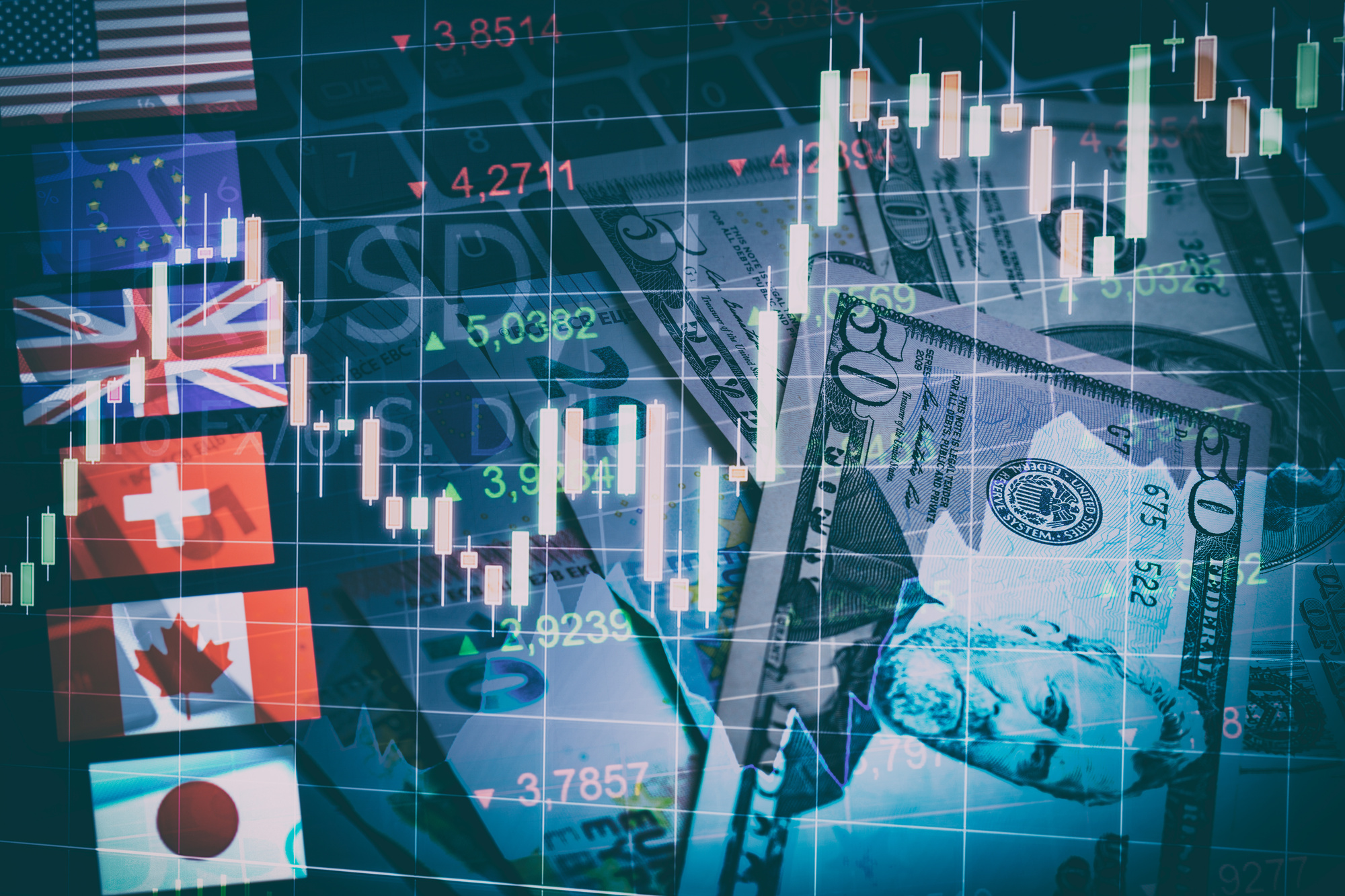Did you know that Islamic banking is the largest sector in the Islamic finance industry and contributes up to 71% of the assets in the industry? If you are looking to invest yourself but are navigating the principle and rules of Islamic bank structures, we are here to help.
Keep reading to learn everything you need to know about banking with an Islamic forex account and forex brokers.
First: Open an Islamic Bank Forex Account
For those that are looking to open an Islamic forex account, first, an account to trade in has to be opened. When opening the halal trading account, you have to make sure that you give them all the paperwork that they require and ask for.
Once you complete all of the necessary steps to open your account, you will receive a confirmation that it is open and then you can make your first deposit. You have the option of choosing the payment method that you prefer and as soon as the deposit clears, you can start trading on the halal exchange.
Commissions
Something that is unique about Islamic trading is that it doesn’t generate swap interest. This is the interest that is received by the trader or the interest that is paid by the trader when they leave an open position. Islamic trading accounts do not have these interests and it allows Muslims to trade in the halal stock exchange.
Muslim customers pay the commissions, administrative fees, and the margin instead of the swap interest.
Principles
There are four basic principles in Islamic finance.
The first one is the prohibition of gambling. The second principle is the prohibition of payment and receipts of any interest rate. The third principle is the distribution of risks and benefits, and the fourth principle is the immediate exchanges when trading.
Because these four principles do not really fit into the Western banking tradition, specific trading accounts were created.
These trading accounts are very similar to traditional trading accounts, but they have been changed a bit to adapt to make sure the Islamic finance principles are met.
Disadvantages of Islamic Accounts
Although there is no swap, it can also be detrimental to the halal trader because the account will never benefit from the interest payments that are usually paid to short positions. In order to still make a profit, the forex trading brokers will charge a fixed administrative fee that has to be paid.
Feeling Like an Islamic Bank and Forex Brokers Pro?
Now that you know the ins and outs of having an Islamic forex account and dealing with online forex brokers, you can make an informed decision whether or not you want to trade in Islam and have an Islamic bank. Keep reading to learn everything you need to know about banking with an Islamic forex funded accounts and forex brokers.
If you choose to move forward with investing your money, try to look for an Islamic forex account that offers swap-free reading for those of Muslim faith to save you some money.
Found this blog post helpful? Browse the rest of this section for more great reads.

Leave a Reply